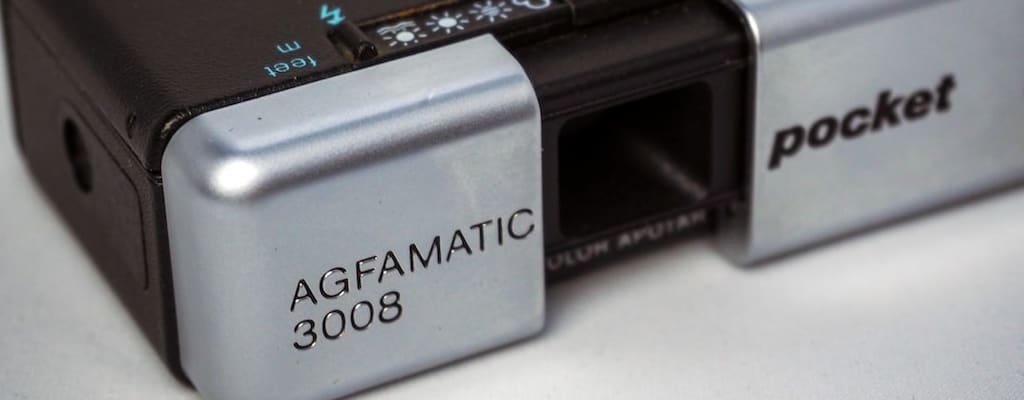good value: Idiom Meaning and Origin
What does ‘good value’ mean?
The idiom "good value" refers to something that is worth the money spent on it, providing a high quality or benefit relative to its cost.

Idiom Explorer
The idiom "money's worth" means receiving value or benefit equal to the amount of money paid for something.
The idiom "have a good time" means to enjoy oneself or to have an enjoyable experience.
The idiom "have a good time" is a commonly used phrase in the English language. When someone says "have a good time," they are expressing a desire for the person or people they are speaking to, to enjoy themselves and experience a positive and enjoyable experience.
The idiom "good sense" refers to having the ability to make wise and rational decisions, often based on sound judgment and practicality.
The idiom "good life" refers to a state of living that is comfortable, enjoyable, and fulfilling. It implies a life filled with happiness, success, and contentment.
The idiom "good job" is used to express approval or praise for someone's work or accomplishment.
Good job is an idiom that is commonly used in American English. It is a phrase that is often used to express approval or praise for someone's performance or accomplishment. The idiom is composed of two simple words, "good" and "job," but when used together, they take on a unique meaning that is not easily inferred from the individual words.
The idiom "good for nothing" is used to describe someone or something that is completely useless or lacking in any value or purpose.
When something is described as "good enough for jazz," it means it is of a high standard or quality. This idiom is often used to emphasize that something is excellent or impressive.
The idiom "good and" is used as an intensifier to indicate something is very much or completely in a certain state or condition.
One of the most commonly used idioms in the English language is "good and." This phrase emphasizes the degree or intensity of something. It is widely recognized and used in various English-speaking countries, especially in the United States.
The idiom "for my money" means in one's opinion or based on personal preference. It is used to indicate that someone believes or prefers something in a particular way, often in contrast with others' opinions.
The idiom "first-rate" means of the highest quality or the best in its category.
Unlocking Bargain Brilliance
The idiom "good value" is a commonly used phrase in the English language. It typically refers to something that is worth the cost or provides a benefit that is equal or greater than the price paid. This expression highlights the importance of getting a fair or advantageous deal, particularly when making a purchase or investing in something.
While the exact origin of the idiom is unknown, it can be traced back to the 18th century. The concept of value has long been a consideration in markets and commerce, and over time, the phrase "good value" emerged as a concise way to convey the idea of beneficial exchange.
One key aspect of the idiom is that it is subjective. Different people have different priorities, desires, and needs, which can influence their perception of value. As a result, the idiom "good value" is inherently subjective and influenced by personal preferences.
The idiom "good value" is often used in various contexts. When referring to products or services, it conveys the idea of receiving something worthwhile for the money spent. This can include factors such as durability, quality, functionality, and overall satisfaction.
Furthermore, the idiom can also encompass aspects such as time, effort, and emotional investment. For instance, someone might say that a long and challenging project was good value because of the personal growth and satisfaction they derived from it.
It is important to note that the idiom "good value" does not imply cheapness or low cost. Instead, it focuses on the balance between the benefits obtained and the price paid, emphasizing the notion of fairness and satisfaction.
The idiom "good value" relates to the idiom "money's worth". Both idioms convey the idea of receiving a benefit that is equal or greater than the cost or price paid. While "good value" primarily focuses on the overall satisfaction gained from a purchase or investment, "money's worth" specifically emphasizes the idea of getting value equivalent to the money spent.
When we say that something is "money's worth", we mean that it is worth the price paid. This idiom is often used in situations where the cost is high, making it important to ensure that the benefit received justifies the expenditure.
For example, if you purchase an expensive concert ticket and thoroughly enjoy the performance, you might say that it was definitely money's worth. This means that the experience was worth the cost of the ticket, providing you with an enjoyable and memorable time that made the expense worthwhile.
The idiom "good value" can also be related to the phrase "a good deal". Both expressions represent the idea of getting something advantageous or beneficial in comparison to what is being offered or expected.
When we talk about "a good deal", we are referring to a situation where the benefits received outweigh the costs or expectations. This can apply to a variety of scenarios, including purchases, negotiations, or agreements.
For example, if you find a brand-new smartphone for a significantly discounted price, you might describe it as a good deal. This means that you are getting a product of value at a better-than-expected price, making it a favorable transaction.
The idiom "good value" encompasses the concept of receiving a benefit that is worth the cost or price paid. It is a subjective expression that can vary depending on individual perspectives and circumstances. Additionally, it relates to the idioms "money's worth" and "a good deal", which further emphasize the ideas of receiving value equivalent to the price or finding something advantageous or beneficial in comparison to expectations.
Example usage
Examples of how the idiom "good value" can be used in a sentence:
- She found the new restaurant to be good value for money.
- He bought a used car that turned out to be a good value.
- The supermarket offers good value on their own-brand products.
More "Economics" idioms

